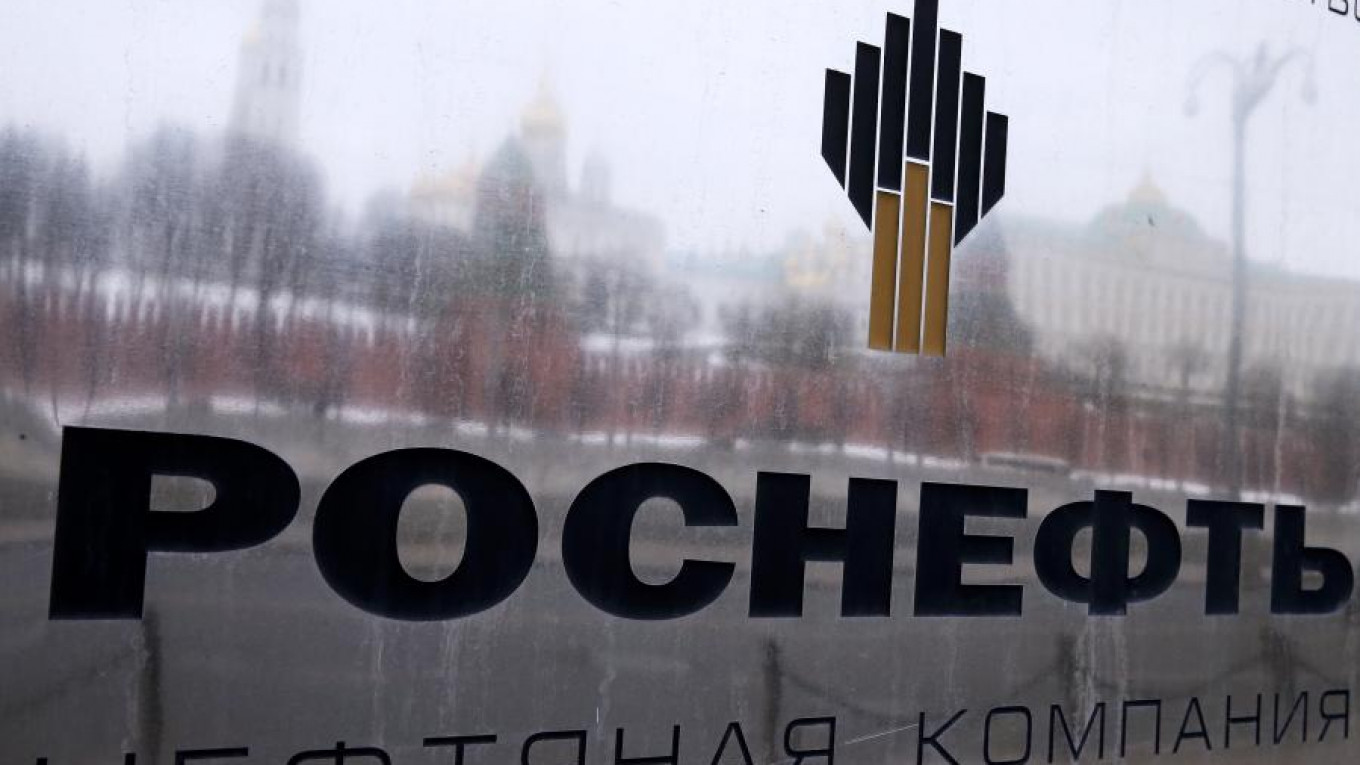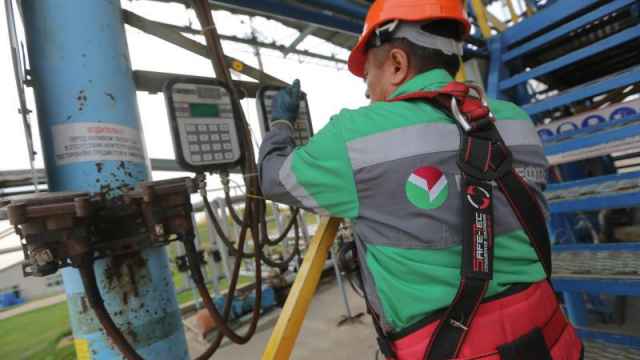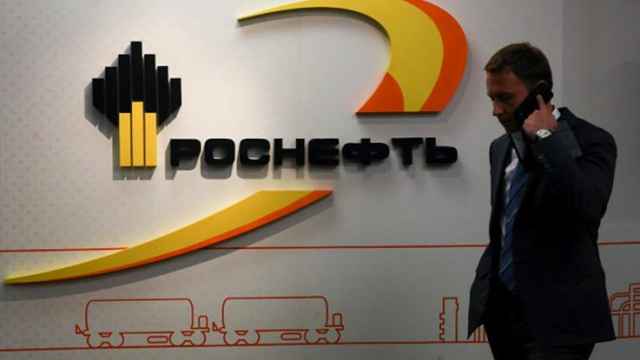The tumultuous privatization saga of Russia’s largest oil company appears to be drawing to a close.
Swiss-British commodities trading firm Glencore and the Qatari Sovereign Wealth Fund have closed a deal to purchase 19.5 percent of state-controlled Rosneft, according to a statement on Glencore’s website.
The news was followed by an announcement that Italy’s Intesa Sanpaolo bank would provide a loan of up to 5.2 billion euros ($5.4 billion) – half the cash required for the deal. The bank had previously wavered on its involvement with Rosneft's privatization.
Intesa will seek to involve other banks in financing the deal. Each member of the proposed syndicate will take on part of the loan, an Intesa spokesperson told Reuters.
The developments bring a modicum of clarity to Rosneft’s otherwise opaque privatization deal.
After months of struggling to find a foreign investor for Rosneft, Russian President Vladimir Putin and CEO Igor Sechin announced in December that the Glencore-Qatar consortium would purchase the share packet. The unexpected deal reportedly came after talks with 30 different potential investors.
Putin termed the sale “the largest on the global energy market in 2016.”
Since then, however, many have cast doubt on the honesty of this “privatization.” In the deal’s wake, Glencore and Rosneft announced that the 19.5 percent share had been valued at 10.2 billion euros ($10.6 billion). The Glencore-Qatar consortium would pay 2.8 billion euros ($2.9 billion) and Intesa Sanpaolo and several unnamed Russian banks would provide a loan of 7.4 billion euros ($7.7 billion) — with Intesa providing more than 50 percent of the financing.
Shortly thereafter, however, Intesa seemed to reconsider its role in financing the sale due to EU sanctions against Rosneft.
At the time, several economic analysts interviewed by the Moscow Times said that the privatization scheme more resembled sophisticated accounting than true privatization. The real money, they suggested, was probably coming from Russian banks backed by the Russian Central Bank – with Glencore and the Qatari Fund serving as cover for the process.
The problem, analyst Boris Grozovsky said, was that the Russian banks had gone into debt to finance the deal, and were partially relying on money from Intesa to come through.
Those funds now appear to have arrived.
A Message from The Moscow Times:
Dear readers,
We are facing unprecedented challenges. Russia's Prosecutor General's Office has designated The Moscow Times as an "undesirable" organization, criminalizing our work and putting our staff at risk of prosecution. This follows our earlier unjust labeling as a "foreign agent."
These actions are direct attempts to silence independent journalism in Russia. The authorities claim our work "discredits the decisions of the Russian leadership." We see things differently: we strive to provide accurate, unbiased reporting on Russia.
We, the journalists of The Moscow Times, refuse to be silenced. But to continue our work, we need your help.
Your support, no matter how small, makes a world of difference. If you can, please support us monthly starting from just $2. It's quick to set up, and every contribution makes a significant impact.
By supporting The Moscow Times, you're defending open, independent journalism in the face of repression. Thank you for standing with us.
Remind me later.






